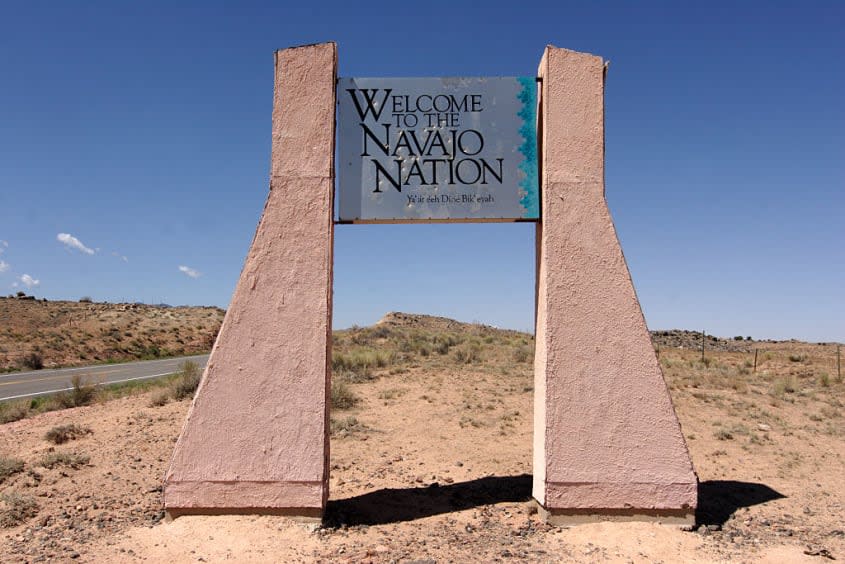Supreme Court to hear arguments on water supply shortages for Navajo Nation

The Supreme Court on Monday will hear oral arguments by the Navajo Nation in a lawsuit claiming that the U.S. government is not holding up its end of a federal agreement to supply the nation with water.
Lawyers for the Navajo Nation, which occupies portions of Arizona, New Mexico, and Utah, will argue that the Native Americans that live on the lands are not being given enough water from the over-tapped Colorado River. The lawsuit stems from an 1868 treaty signed by the Navajo, in which The Associated Press noted that the federal government "promised the tribe a 'permanent home' — a promise the Navajo Nation says includes a sufficient supply of water."
The government is not allowing adequate water to be routed to the nation from the river, lawyers claim, and the Navajo are suffering as a result. About one-third of the residents of the Navajo Nation don't have running water in their homes, AP reported.
"How did we get here, in this country, in the 21st century?" the Navajo Nation asked in a court filing. "Broken promises."
However, the federal government disputes that it has done anything wrong, and western states such as Arizona and California have argued that providing more resources to the Navajo Nation would cut into the already dwindling water supply from the Colorado River.
This likely comes as no reprieve, though, to the Navajo who struggle to find water. The case was first filed by the Navajo Nation in 2003, and has finally come up to the Supreme Court after 20 years.
Marilyn Help-Hood, who must regularly drive four miles to obtain untreated water from a local well, told NBC News, "I want my children to value water. Now they have grown, they know that water has to be appreciated."
You may also like
North Korea claims 800,000 people volunteered to fight against the U.S.
Russia's spring Ukraine offensive may be winding down amid heavy troop losses, munitions shortages

